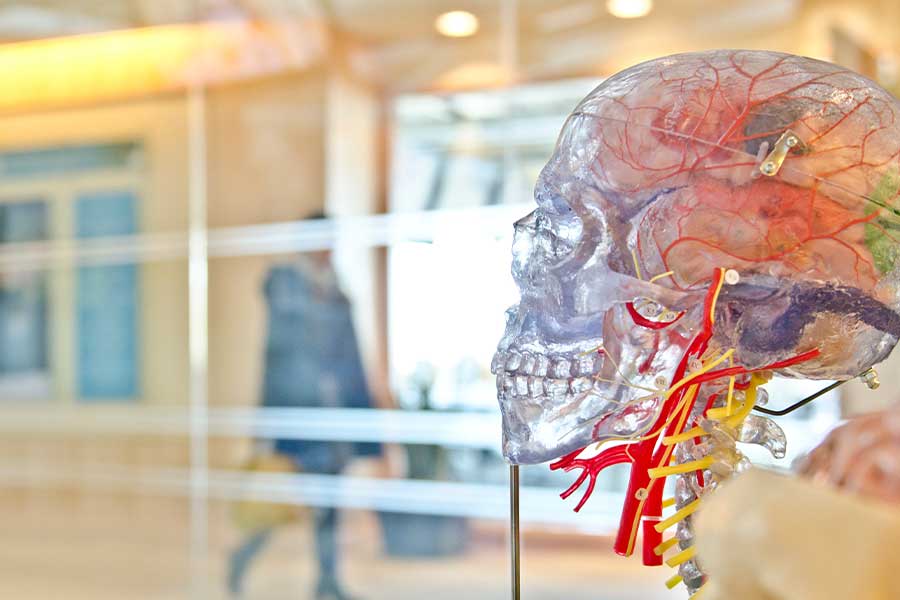
Alcohol and Dementia
Can severe alcoholism cause dementia? Oddly enough, the answer if both yes and no. Strictly speaking, years of excessive drinking causes a brain condition known as ‘Alcohol-Related Brain Damage,’ or ARBD. ARBD includes brain disorders like Wernicke-Korsakoff Syndrome and Alcoholic Dementia that mimic the symptoms of the familiar aging disease, but there are also key differences.
One of these differences is that Alzheimer’s type of dementia often stems from unknown sources, whereas ARBD is always caused by severe alcoholism. In this post, we’ll explore the dangerous relationship between alcohol and dementia-like conditions.
Alcohol and the Brain
Here’s the quick version– alcohol destroys brain cells much more rapidly than the aging process all by itself. The death of certain brain cells is what leads to Alzheimer’s type of dementia and ARBD both, so the various conditions lead to very similar results.
Again though– ARBD typically kills the brain cells at a much faster rate. Severe alcoholism over many years also makes the problem drinker significantly more likely to experience the cognitive, memory, and social difficulties that all forms of dementia entail.
Here are some of the most common symptoms of non-alcohol related dementia and ARBD:
- Poor memory functioning
- A decrease in simple problem-solving ability
- Confusion and/or disorientation
- Hallucinations
- Aphasia (excessive difficulty in finding and understand common words)
- Poor motor skills and physical coordination
- Personality changes and increased chances of experiencing anxiety, depression, and paranoia
- Extreme agitation and/or inappropriate behavior
As anyone who’s ever had to interact with a loved one with dementia knows, these difficulties can change someone you’ve known your whole life into a person you no longer recognize.
The Causes of ARBD
Simply put, excessive drinking over a long period of time causes Wernicke-Korsakoff Syndrome and other forms of alcoholic dementia. Though everyone is affected a bit differently by excessive amounts of alcohol, 50 drinks a week is usually too much for men, whereas women who consume more than 30 drinks per week are susceptible to alcohol-related brain disorders.
In addition to leading to alcoholic addiction, this level of consumption can wreak havoc on both the mind and body of the problem drinker, especially if it continues for a long period of time. One way that alcohol leads to ARBD is by causing a thiamine (Vitamin B1) deficiency. Thiamine helps provide energy for the body in general and is critical to the proper functioning of nerve cells in the brain.
Excessive drinking can also damage the GI tract and prevent the proper absorption of nutrients. Long term alcohol abuse also damages the circulatory system, often leading to heart attacks and strokes that help cause the cognitive impairments associated with forms of dementia.
Alcohol and Dementia: The Bottom Line
Sadly, there is no proven way to treat Alzheimer’s type of dementia once it takes hold. However, as tragic as it can appear to be, people with alcohol-related brain disorders can experience substantial improvement in their bodily and cognitive health. Of course, this can only happen if the individual receives the necessary support and abstains from alcohol. At the very least, their condition is not likely to get any worse if these factors are in place.
There is a clear connection between alcohol and dementia-like conditions. As with most disorders, the best tool is prevention. Professional help is strongly suggested for anyone who is approaching the levels of alcohol consumption that can lead to ARBDs.
Sources:
https://www.alzheimers.org.uk/about-dementia/types-dementia/alcohol-related-brain-damage